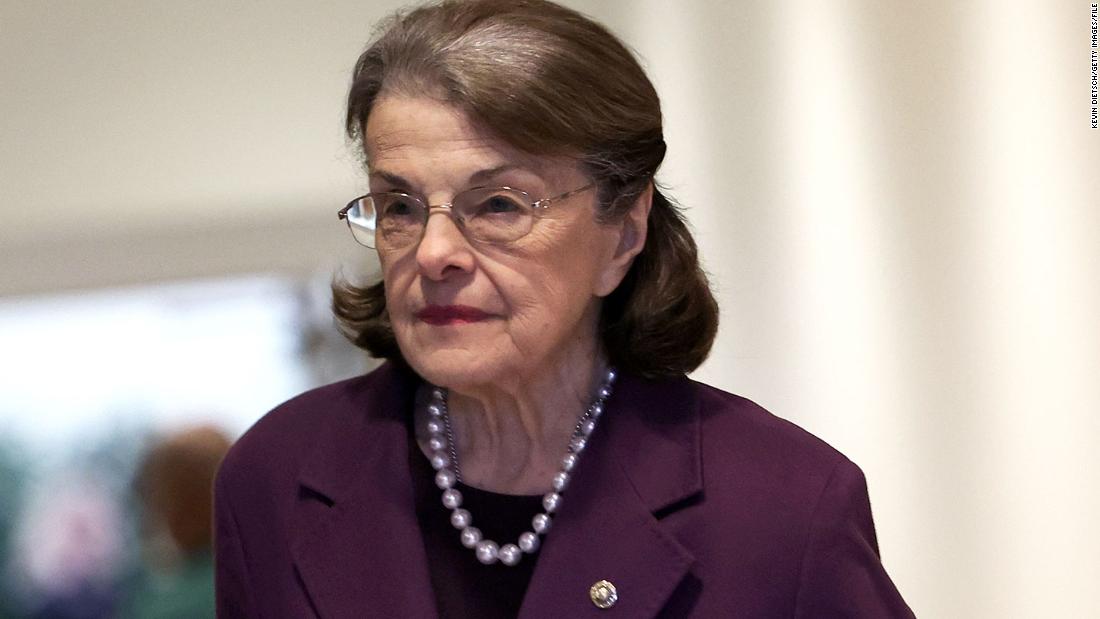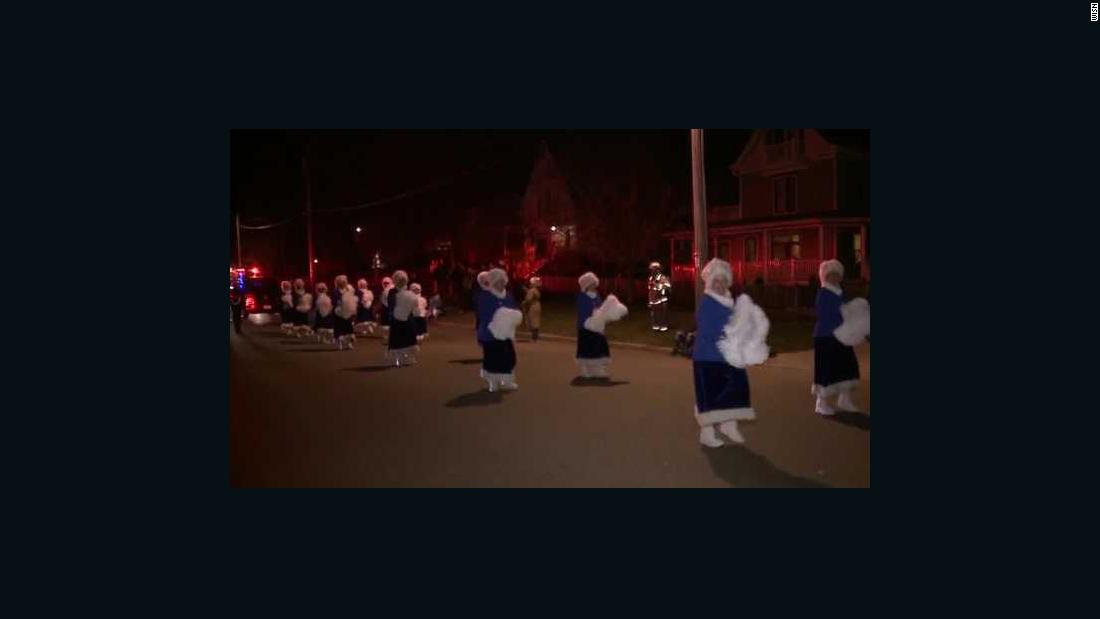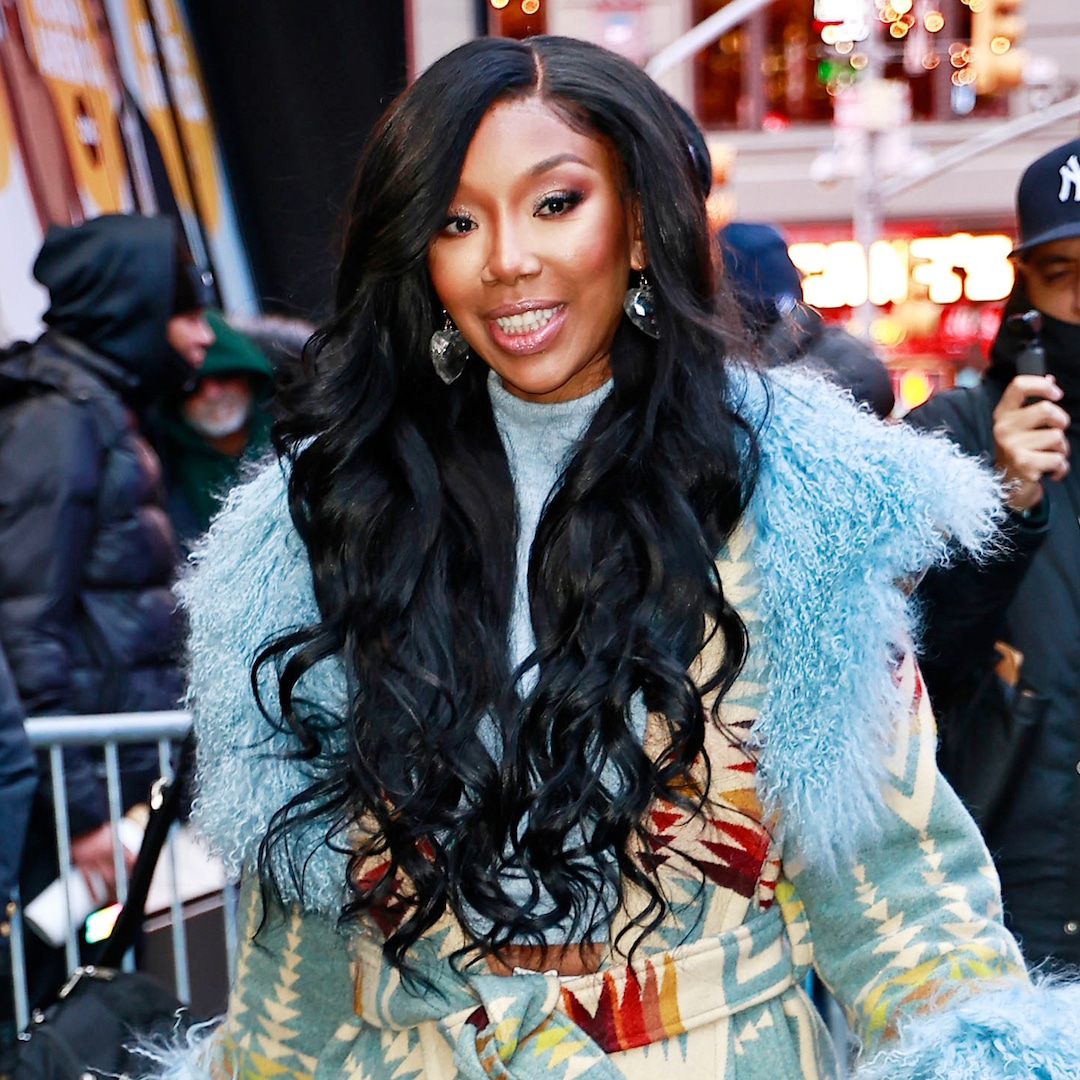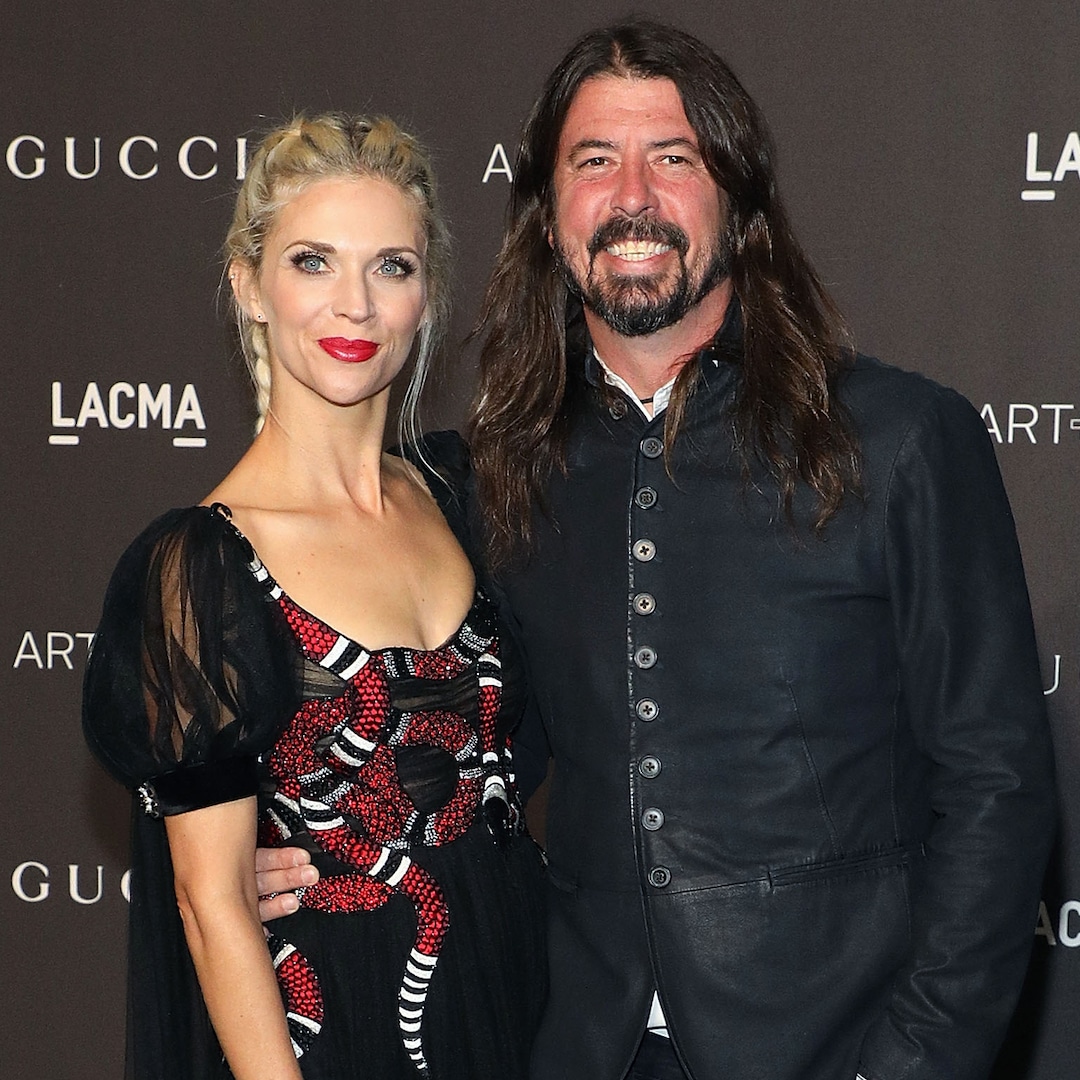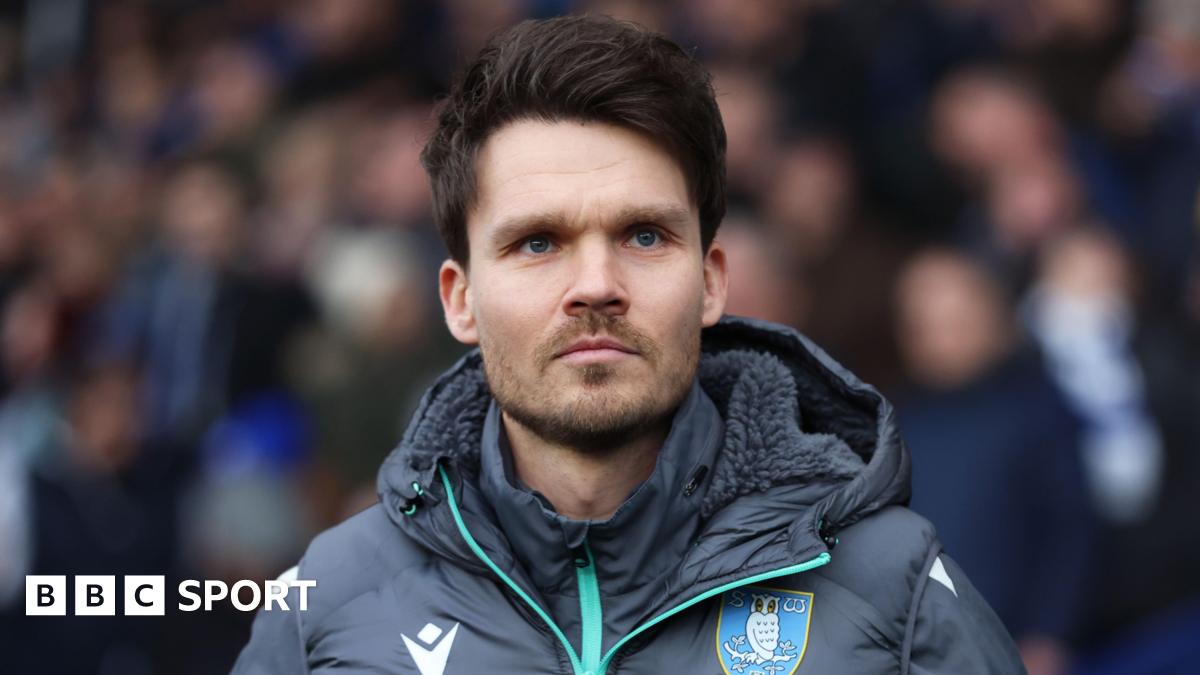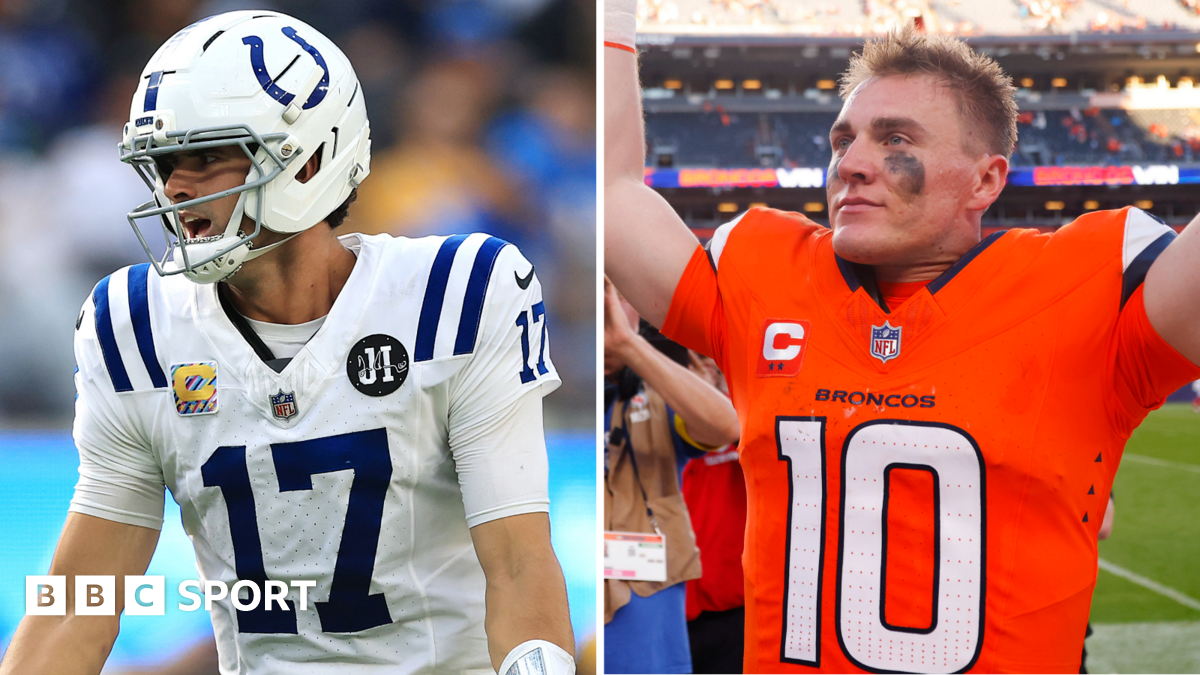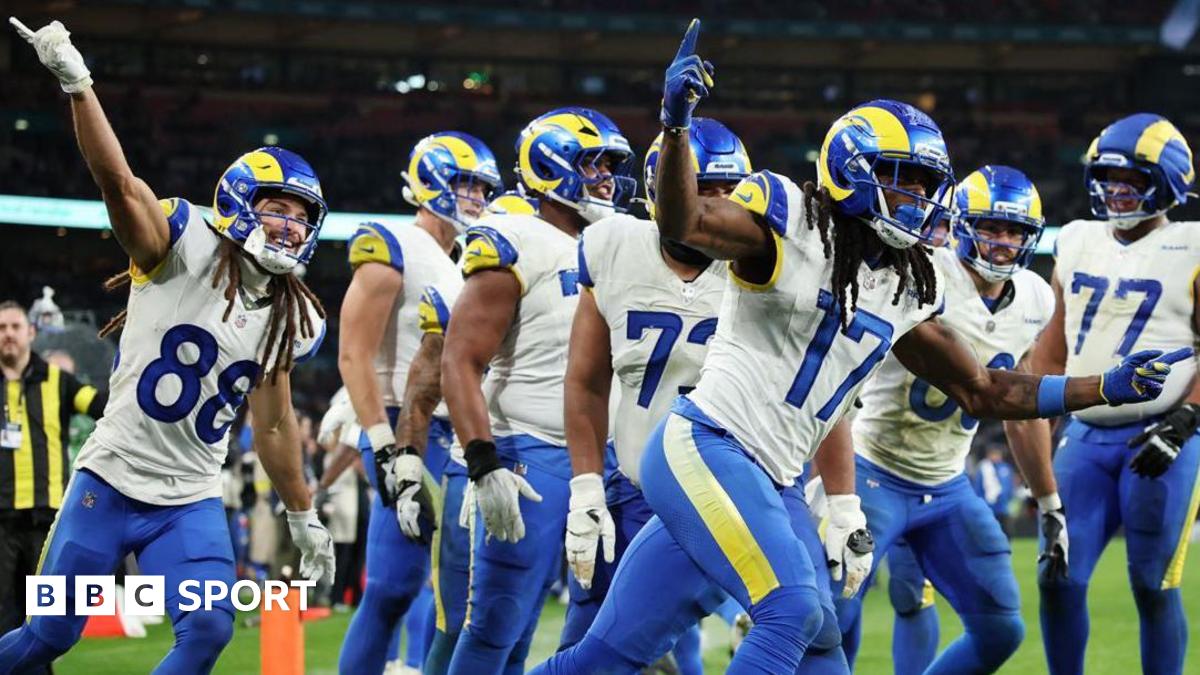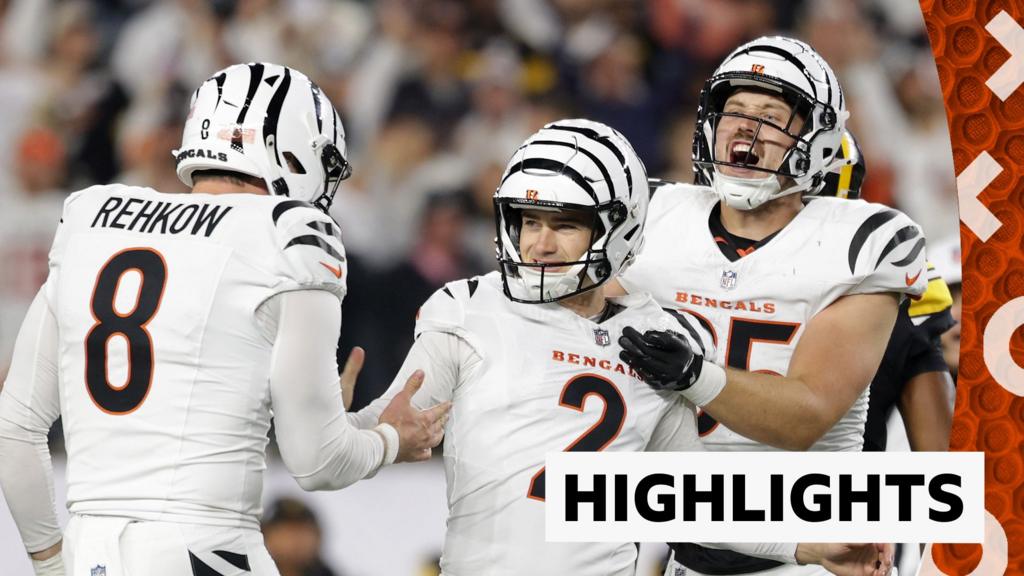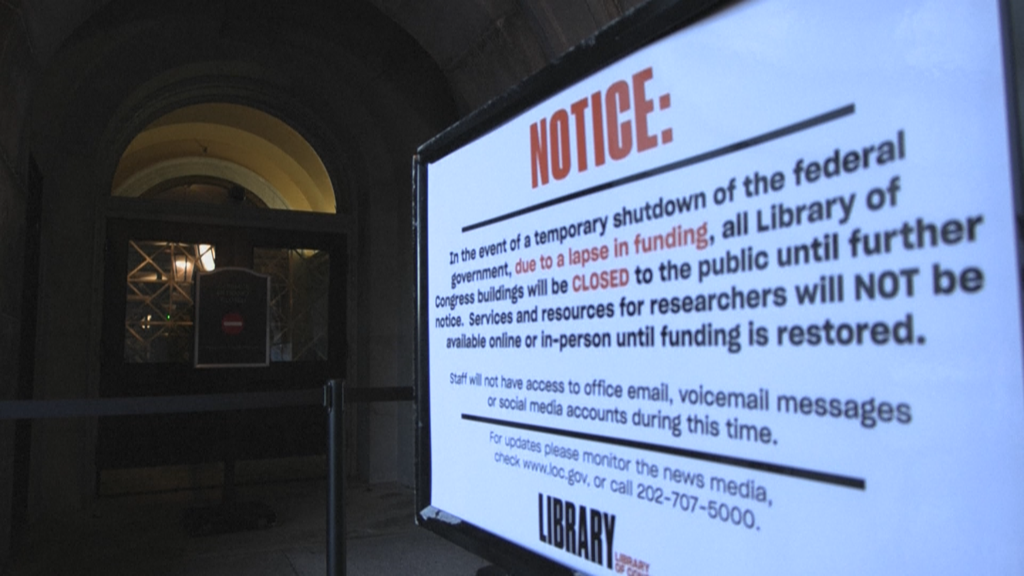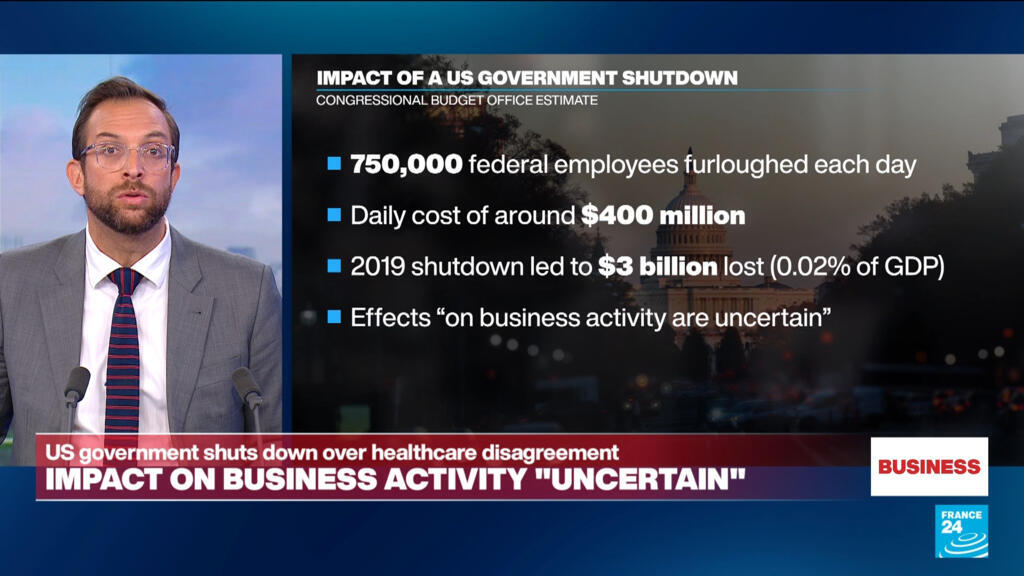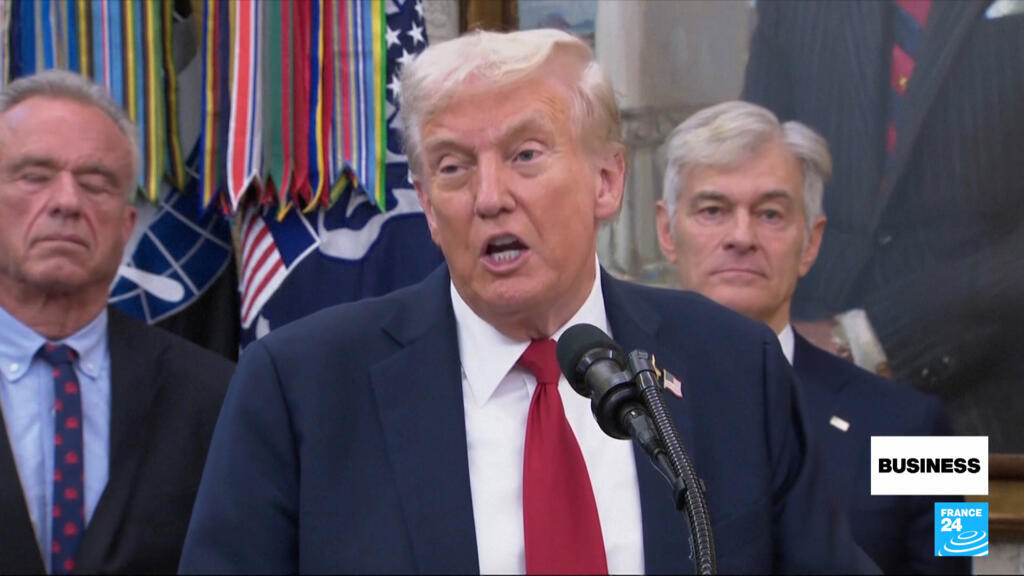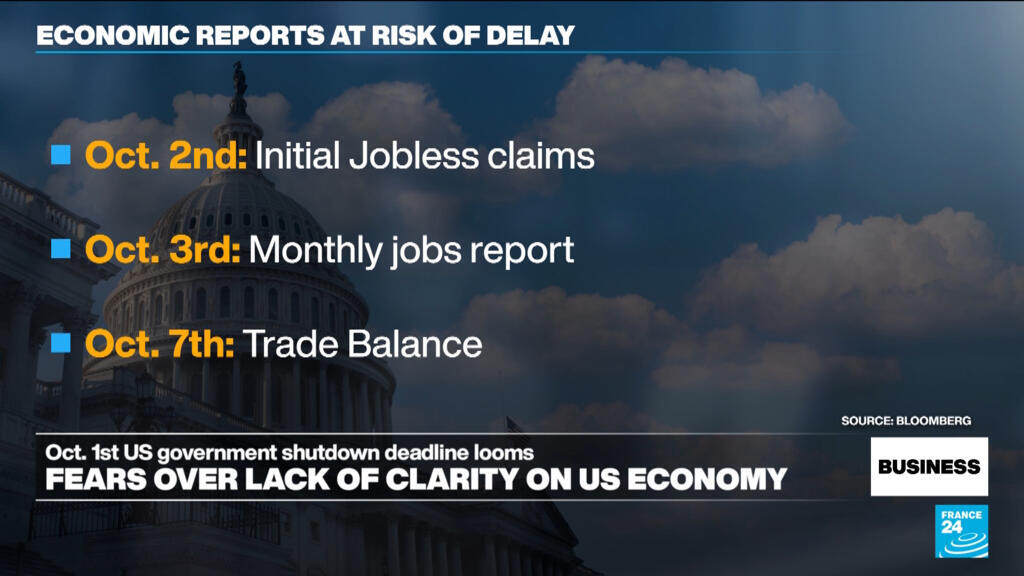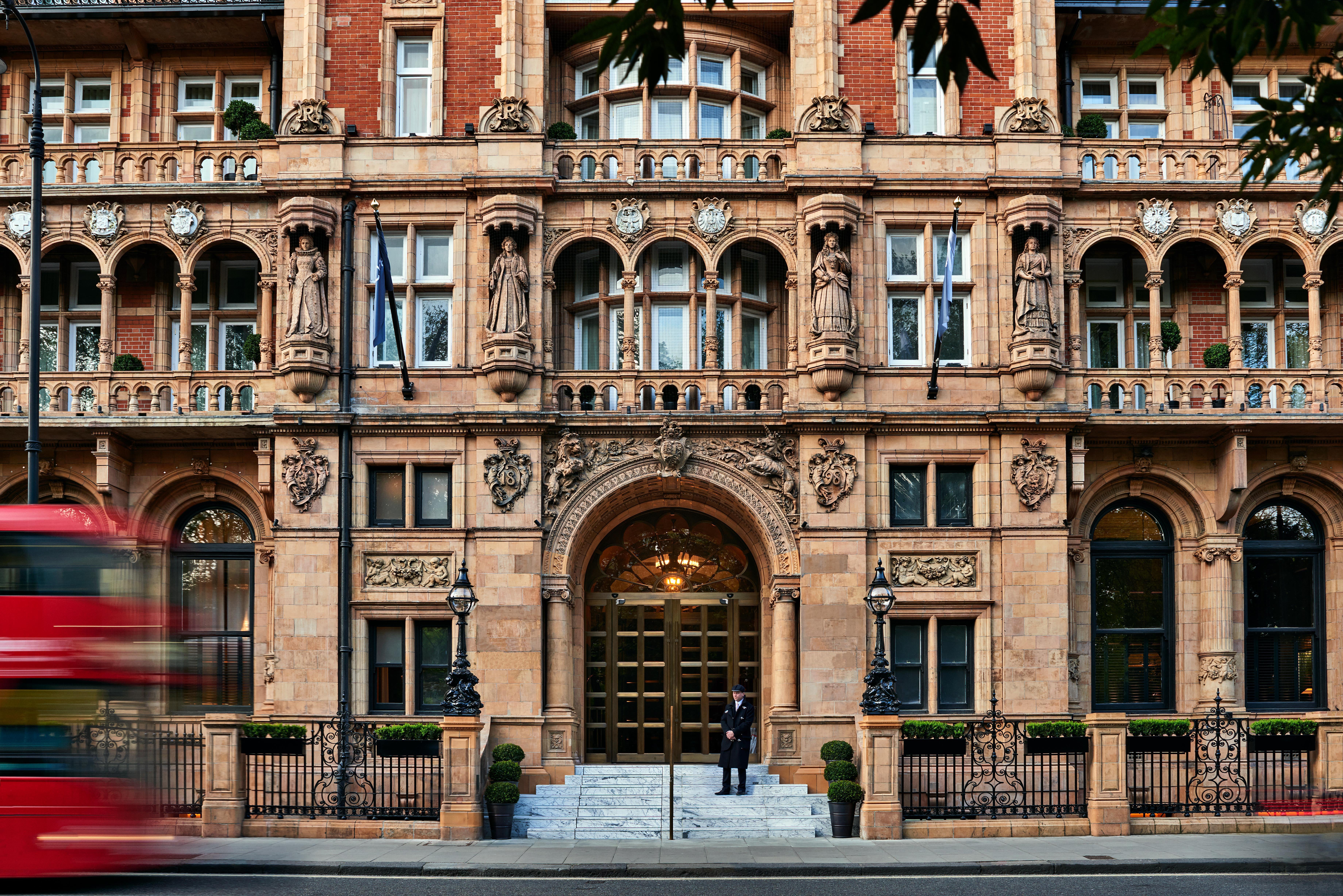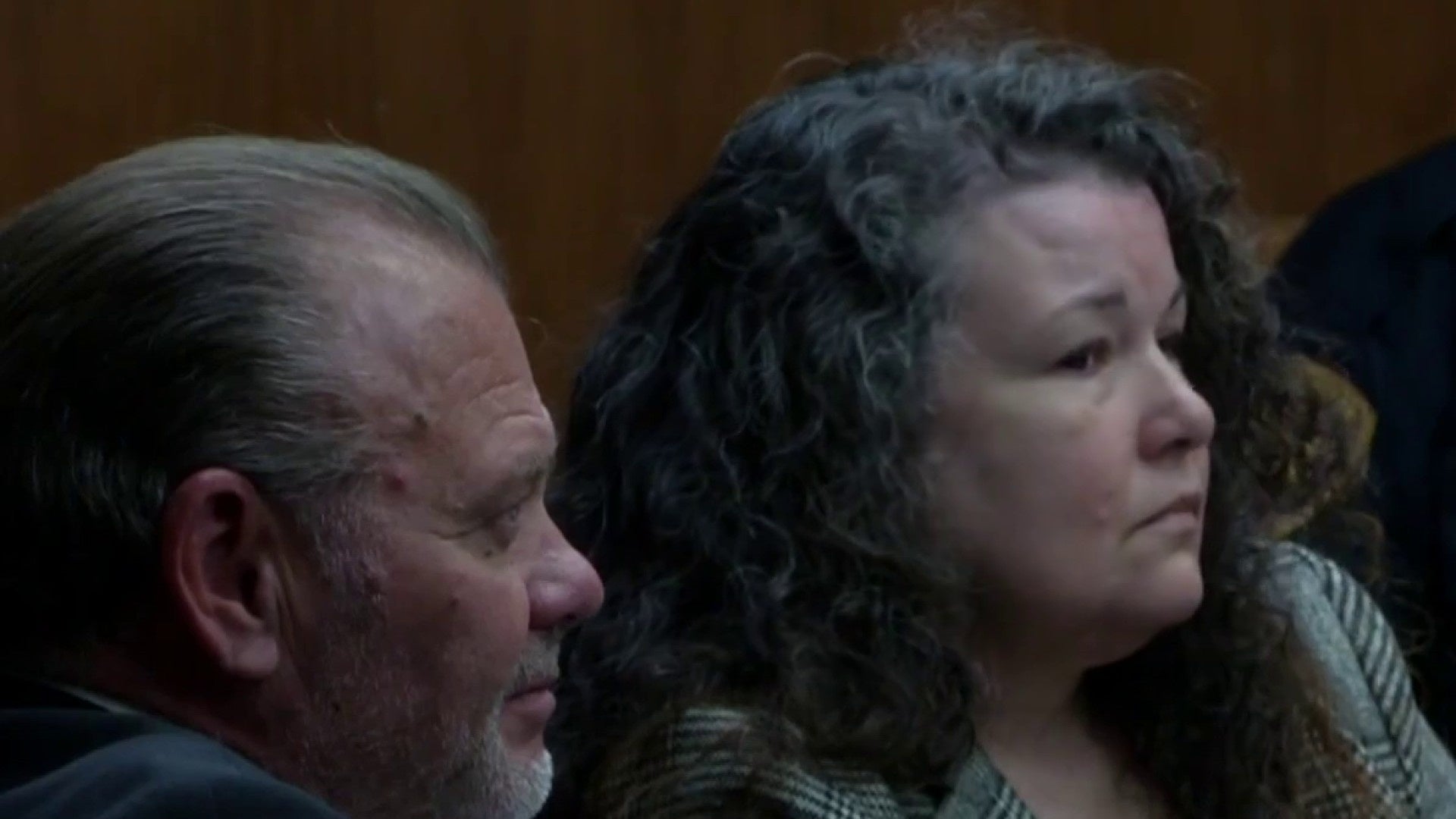Lionel Richie Charts a Truly Magical Musical Journey
Mega Music star Lionel Richie tells his life story from Tuskegee to the top of the charts, again and again. The post Lionel Richie Charts a Truly Magical Musical Journey appeared first on Houston Press.


It was only the second group that a teenaged Lionel Richie had ever been in, but they still needed a name. Leaving it up to fate, bandmember Michael Gilbert closed his eyes, opened a dictionary, and stabbed his finger on the page.

The word he landed on was “commodore.” And thus, they would be known as the Commodores. And—as they joked for years—it was a good thing that Gilbert’s digit didn’t aim a little higher. Otherwise, the funkified sextet would forever be known as…the Commodes.
It’s just one of scores and scores of stories of life, music and philospophy that the hugely successful artist tells in his fast-paced memoir, Truly (496 pp., $36, HarperOne).
Lionel Richie grew up sheltered—by his own admission—in Tuskegee, Alabama, practically on the campus of the famed Black college then called Tuskegee Institute. In that town, Blacks outnumbered whites four-to-one, and the young boy was surrounded by professors, lawyers, doctors, and businesspeople. He called it “The Bubble.”
But an incident outside said Bubble stayed with Richie for years and showed him firsthand the racial prejudice of the Jim Crow south. One day, Richie and his father drove to the “big city” of Montgomery to go shopping. The boy was thirsty, and ran to the nearest water fountain, ignoring the “Whites Only” sign.
As soon as he took a drink, a group of angry men congregated around his father, yelling and throwing around the N word. The eight-year-old assumed his tall, strong father would “give them what for.” But was shocked when he only quietly hustled his son in the car to bid a hasty retreat.
Crushed, it took five years for Richie to bring up the incident where his father laid it out plainly: That day, he could be a man, or he could be a father. And he chose the latter. Because he wanted to be alive and watch his son grow up.
For a guy who would go on to write some of the best known love songs of the modern era, Richie writes that he was definitely a “late bloomer” in the romance department. Painfully shy as a teen and young man, if he actually got up the gumption to talk to a female, he would hyperventilate, sweat profusely—or both.
The Commodores caught a break opening up for the super-hot Jackson 5 from 1970-72, where Richie bonded with the shockingly preternatural talent that was Michael Jackson. Even as a pre-teen, Jackson could see what he wanted for the future and worked endlessly to get it.
Signed to Motown Records, Richie became a keen student at “Motown University,” learning both the business and creative sides of music. At the time, the Commodores were strictly a cover band. But to have hits (and money), they needed to crank out their own material. And Richie—who was not even the lead singer at that point—knew he had to put pen to paper if they were going anywhere.
And the Commodores did, with hits like “Machine Gun,” “Just to Be Close to You,” “Brick House,” “Lady,” “Three Times a Lady,” “Sweet Love,” and “Easy”—most featuring Richie’s words and vocals.
His dance card was filling fast as a performer songwriter for the Commodores and others and producing. Richie details one day that found him recording with the Commodores, then in the studio with Kenny Rogers producing the country superstar’s album, then in yet another studio mixing “Endless Love,” his monster ballad with Diana Ross. Cue the inevitable jealousy, career path road forks, and ambition, and Richie left the band.
Of course, he would have even more massive success and rule the charts and the MTV screens in the ‘80s: “Hello,” “Dancing on the Ceiling,” “All Night Long,” “You Are,” “Stuck on You,” “Say You, Say Me,” “Running with the Night,” “Ballerina Girl,” and title of this book.
This decade is a whirlwind of awards shows and recording sessions, not to mention “We Are the World” and Richie’s closing of the 1984 L.A. Olympics. His career would have him cross paths with everyone from Frank Sinatra, Bob Marley and Luciano Pavarotti to Nelson Mandela and (possibly) Muammar Gaddafi.
He’s one of the most famous performers on the planet, though the frequent “Who, me? I’m just Skeet (his childhood nickname) from Tuskegee, Alabama” bit gets a bit he writes here gets disingenuous after a while. As his glossing over of more self-inflicted reasons ended his two marriages. He does give credit to many mentors in his life, whether they be names like Quincy Jones, Sammy Davis, Jr., or Marvin Gaye or his parents and pastors.
Today at 76, Lionel Richie is mentoring a new generation of singers as a judge on American Idol. He also still tours, with an all-killer no-filler set list that last came to Houston in 2023. And he’s built an amazing crossover catalog in R&B, rock, pop, country and easy listening. And Truly itself reads easy. Like a Sunday morning.
The post Lionel Richie Charts a Truly Magical Musical Journey appeared first on Houston Press.






